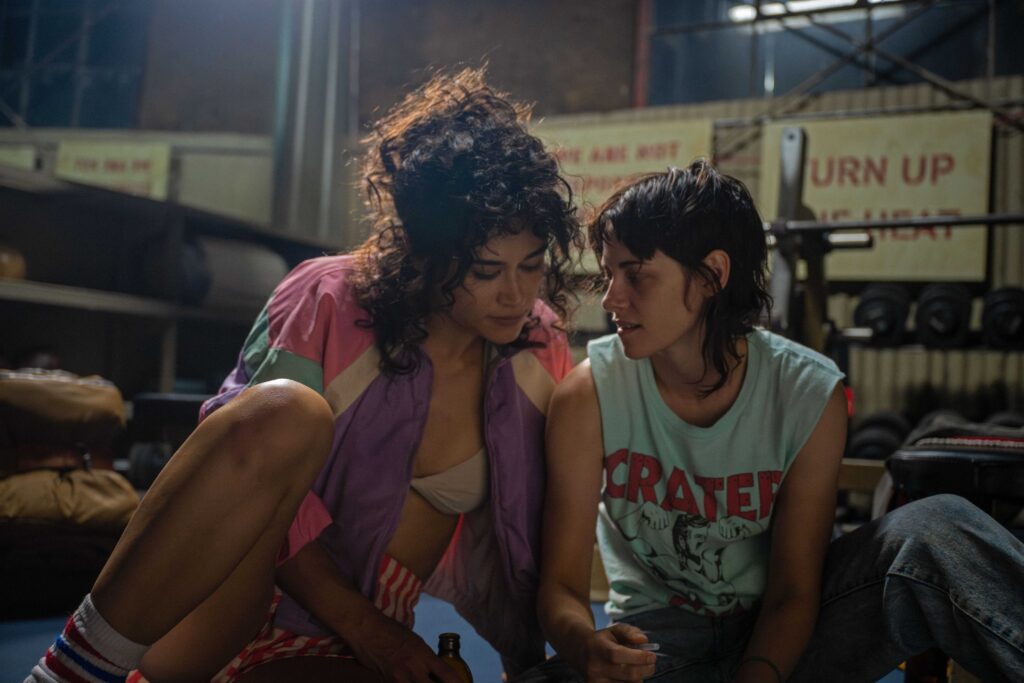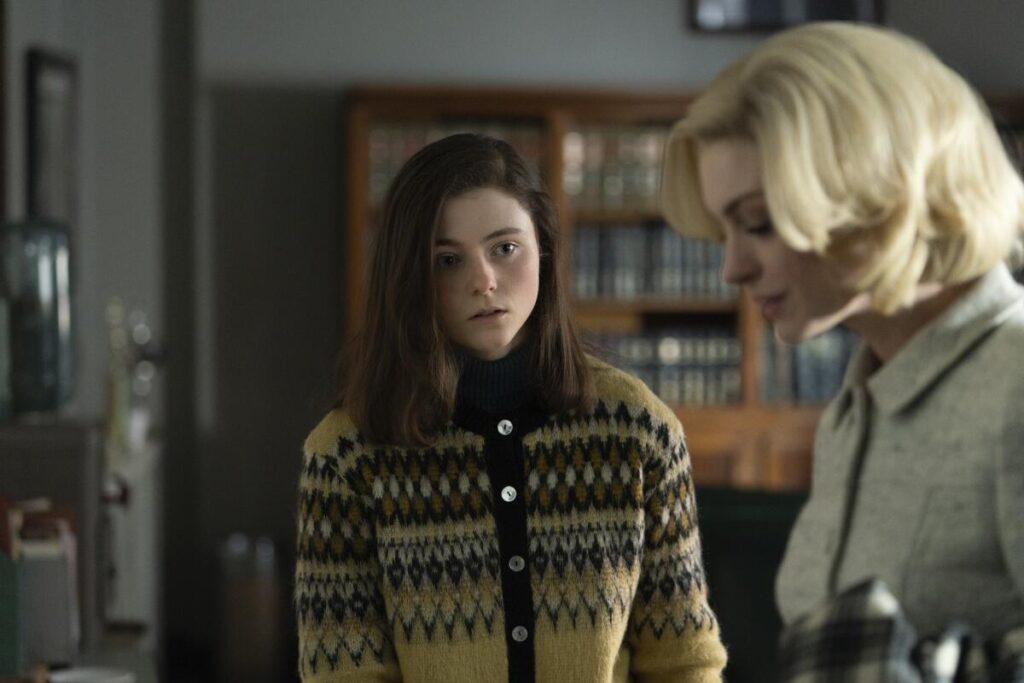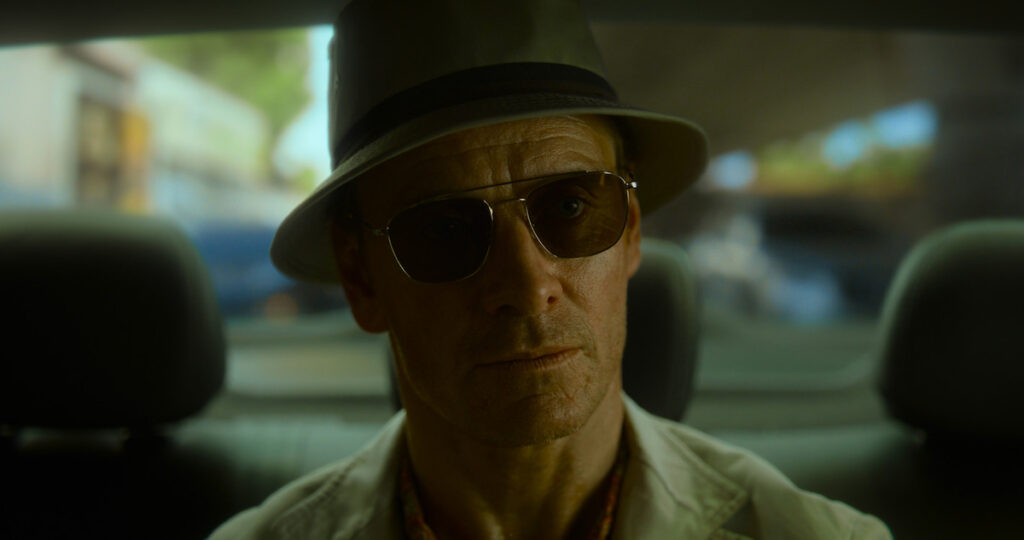Love Lies Bleeding: Her Body Is a Rage

The MPA advisement for Love Lies Bleeding informs viewers that the film is rated R “for violence and grisly images, sexual content, nudity, language throughout, and drug use.” Setting aside that certain sickos (who me?) might perceive this notice as an inducement rather than a warning, one vice that the agency declines to mention is smoking—perhaps because the movie itself condemns such behavior. Early on, a woman named Lou pushes play on a portable cassette recorder (the year is 1989); as she half-listens to a health official drone on about the dangers of nicotine addiction, she aimlessly puffs on a cigarette. The obvious conflict between her brain and her body is amusing, even if her inability to quit quickly becomes the least of her problems.
Lou is played by Kristen Stewart, who supplies the kind of earthy, hard-bitten performance that has become the actor’s specialty post-superstardom. Stewart’s naturalism makes her an intriguing match with Rose Glass, the promising writer-director whose first feature, Saint Maud, was a raw nerve of a horror movie, observing a pious caretaker’s descent into madness with unsettling chops. In Love Lies Bleeding, Stewart’s effortless plausibility draws you inside Lou’s orbit and makes you root for her, even as Glass sets about upending her meager circumstances with exuberant chaos. Read More




